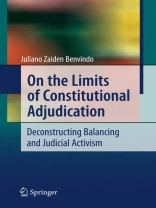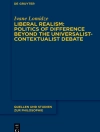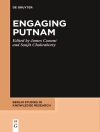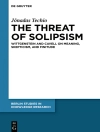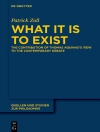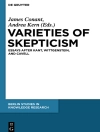Juliano Z. Benvindo investigates the current movement of constitutional courts towards political activism, especially by focusing on the increasing use of the balancing method as a “rational” justification for this process. From the critical perception of the serious risks of this movement to democracy, the book takes as examples two constitutional realities, Germany and Brazil, in order to discuss the rationality, correctness, and legitimacy of constitutional decisions within this context. Through a dialogue between Jacques Derrida’s deconstruction and Jürgen Habermas’s proceduralism, the author confronts Robert Alexy’s defense of the balancing method as well as those two constitutional realities. This confrontation leads to the introduction of the concept of limited rationality applied to constitutional democracy and constitutional adjudication, which affirms the double bind of history and justice as a condition for a practice of decision-making committed to the principle of separation of powers.
Inhoudsopgave
German and Brazilian Constitutional Cultures: Constitutional Adjudication and Activism.- An Approach to Decision-Making.- Balancing Within the Context of German Constitutionalism: The Bundesverfassungsgericht’s Shift to Activism.- Balancing Within the Context of Brazilian Constitutionalism: The Supremo Tribunal Federal’s Shift to Activism.- The Debate on the Rationality of Balancing.- The Aim to Rationalize Balancing Within the Context of Constitutional Courts’ Activism.- When Différance Comes to Light: Balancing Within the Context of Deconstruction.- When Procedures Towards Mutual Understanding Come to Light: Balancing Within the Context of Proceduralism.- The Concept of Limited Rationality.- Between Différance and Intersubjectivity: The Concept of Limited Rationality in Constitutional Democracy.- Between Différance and Intersubjectivity: The Concept of Limited Rationality in the Realm of Constitutional Adjudication.
